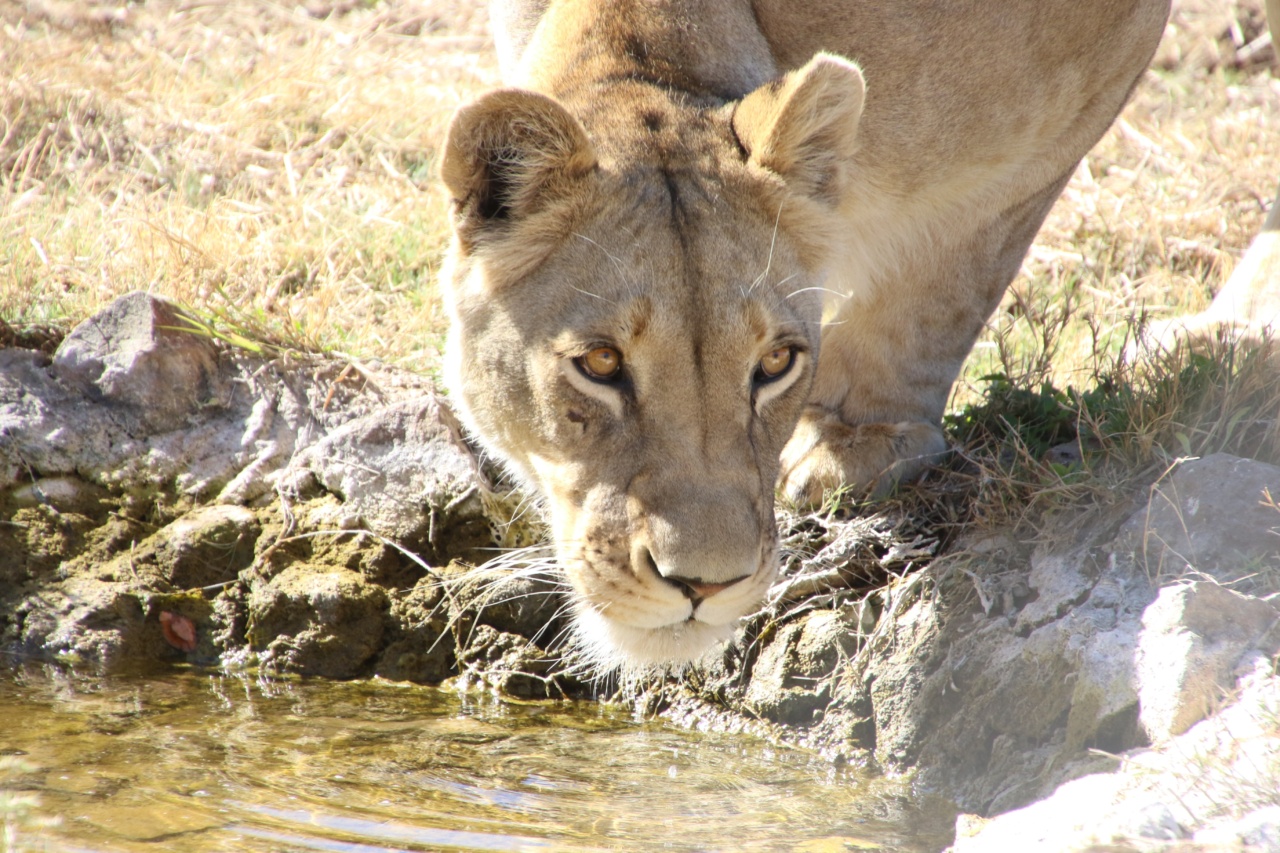Getting close and personal with animals is an exciting and memorable experience, especially when we travel to new places. However, it’s important to be cautious and aware of animals that may carry diseases, especially rabies.
Rabies is a serious viral infection that can be transmitted to humans and other animals through the saliva of an infected animal. We’ve put together some tips to help you stay safe and avoid the risks of rabies when encountering unfamiliar animals.
What is Rabies?
Rabies is a viral disease that causes inflammation of the brain in humans and other mammals.
The virus is usually transmitted through the bite of an infected animal, although it can also be transmitted through scratches and contact with an animal’s saliva. Once symptoms appear, rabies is almost always fatal.
The Signs and Symptoms of Rabies in Animals
The signs and symptoms of rabies in animals can vary depending on the animal species. Some of the common signs and symptoms include:.
- Aggression and unusual behavior
- Excessive drooling or foaming at the mouth
- Lethargy and weakness
- Confusion and disorientation
- Unprovoked biting or scratching
- Staggering and difficulty walking
If you see an animal exhibiting any of these symptoms, avoid contact with the animal and report it to the local animal control authorities immediately.
Ways to Prevent Rabies
Preventing rabies involves a combination of vaccination, avoiding contact with potentially infected animals, and prompt medical treatment after exposure. Here are some ways you can protect yourself from rabies:.
- Get vaccinated – If you are planning to travel to areas where rabies is prevalent, getting vaccinated beforehand is highly recommended.
- Avoid contact with unfamiliar animals – Never approach or attempt to pet animals you don’t know, especially those exhibiting unusual behavior.
- Supervise your pets – Keep your pets indoors or on a leash when outside to minimize the risk of contact with wild animals.
- Seek medical attention immediately – If you’ve been bitten or scratched by an unfamiliar animal, seek medical attention immediately.
What to Do if You’ve Been Exposed to Rabies
If you’ve been bitten or scratched by an unfamiliar animal, it’s important to seek medical attention immediately. Rabies is a medical emergency that requires prompt treatment. Here’s what you should do:.
- Wash the wound – Wash the wound thoroughly with soap and water for at least 15 minutes to reduce the risk of infection.
- Get medical attention – Seek medical attention immediately, even if the wound appears to be minor.
- Contact the authorities – Report the incident to the local animal control authorities, so they can determine if the animal needs to be tested for rabies.
- Follow your doctor’s instructions – Your doctor may recommend a series of injections to prevent rabies from developing. It’s important to follow your doctor’s instructions and complete the entire course of treatment.
Final Thoughts
While it’s important to appreciate and respect wildlife, it’s equally important to stay vigilant and cautious when encountering unfamiliar animals, especially those with a high risk of carrying diseases like rabies.
By following these tips, you can stay safe and avoid the risks of rabies when exploring new places.































